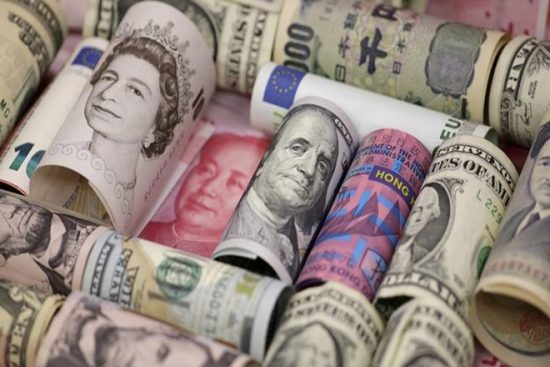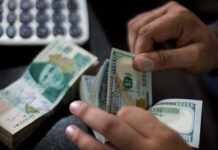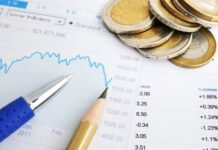
TOKYO: The U.S. dollar seesawed against the Japanese yen on Tuesday after the Bank of Japan made small tweaks to its policy rather than more drastic changes that some traders had expected.
The dollar briefly dropped to 110.75 yen before jumping to a one-week high of 111.44 yen, gaining about 0.3 percent on the day, after the BOJ took measures to keep its massive stimulus programme flexible.
The greenback had pared some of its gains about two hours after the decision, trading 0.2 percent higher at 111.30 yen.
Wakabayashi said the BOJ seemed to signal to markets that it is ready to react to moves in 10-year government bonds while holding off from setting specific targets.
The BOJ pledged on Tuesday to maintain its short-term interest rate target at minus 0.1 percent and decided to guide 10-year JGB yields around zero percent.
But the bank also said it would allow long-term rates to fluctuate depending on economic and price developments and conduct its bond purchases more flexibly.
The dollar index, a measure of its value against a basket of six major currencies, was nearly flat at 94.361, well below the one-year high of 95.656 it touched on July 19.
Against the Japanese currency, the euro reached as high as 130.415 yen, before giving up some of its gains to trade at 130.30 yen.
The single currency edged up 0.05 percent against the dollar to $1.1713.
The BOJ’s policy changes, its first since 2016, reflected its forecast that it would take time for inflation to hit its 2 percent target.
Besides the BOJ, meetings of the Federal Reserve and the Bank of England are in focus this week.
The U.S. central bank is expected to reaffirm the outlook for further gradual rate rises at the end of its two-day rate review through Wednesday.
There is anticipation that the BOE will hike rates on Thursday for the second time since the 2008 financial crisis.
On Tuesday, the pound was a tad lower at $1.3129.
The Australian dollar traded up 0.3 percent at $0.7430.






